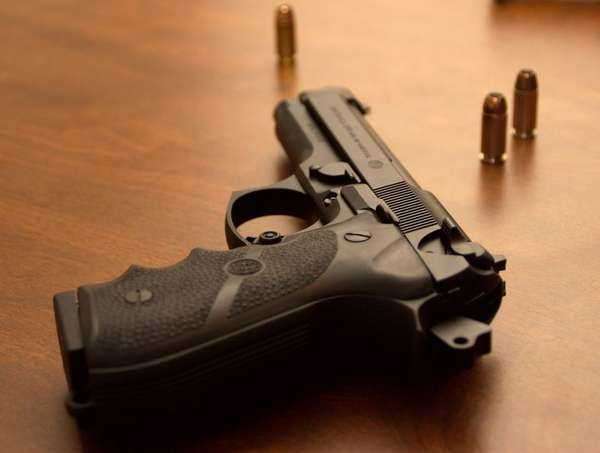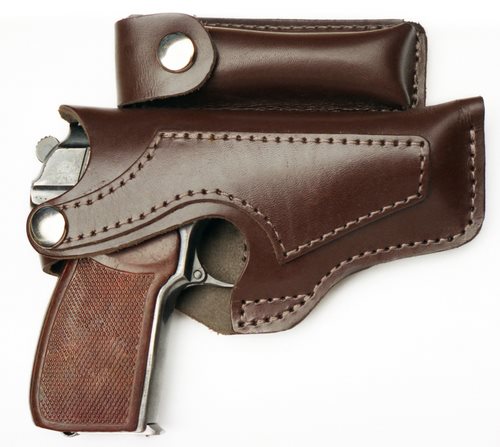Quick Overview on Concealed Carry Laws

Concealed carry laws b/g
Concealed carry laws in the United States are legal provisions according to which private citizens can bring their firearms, most often in the form of handguns or others otherwise easily concealable, out of their residences and into public spaces. A concealed weapon, such as on the holder’s person or personal items, can thus be carried dependent on whether the state permit policy is “No Issue,” “Shall Issue,” or “May Issue.”
Concealed carry pistols
Concealed carry reciprocity policy refers to the degree of ease through which a license for carrying concealed carry pistols or other kinds of handguns in one state can be transferred to another. In this regard, the degree to which state legislatures and law enforcement allow for concealed carry handguns from non-residents can depend on the degree of stringency in their own laws and found in those of others, among other considerations.
Concealed carry clothing
Concealed carry clothing items, such as a concealed carry vest, can be secured as commercial purchases, and in some cases may be required as an element of the state’s laws in effect on the ability to carry concealed weapons. Concealed carry clothing will thus provide for the ability to hide the fact that the individual in question is carrying a firearm in public and thus avoid posing a threat to others.
Concealed carry holster
A concealed carry holster, or the alternative of concealed carry purses, can be purchased as commercial items which allow people to fulfill the terms of state laws on the ability to carry concealed weapons while in public. A concealed carry holsters, or concealed carry purses, can be secured in customized forms, geared toward the aesthetic and lifestyles preferences of the particular holder of the concealed carry license for having firearms in public.
Concealed weapons permit
A concealed weapon permit can be secured in many, but not all American states as a form of certification conferring on the holder the ability to carry weapons in public. A concealed carry permit in some cases, however, may be necessary, either because the state in question does not allow any residents or visitors to carry concealed weapons while in public, or, alternately, because the state allows concealed weapon carrying without any roadblocks in the form of legal registration.













